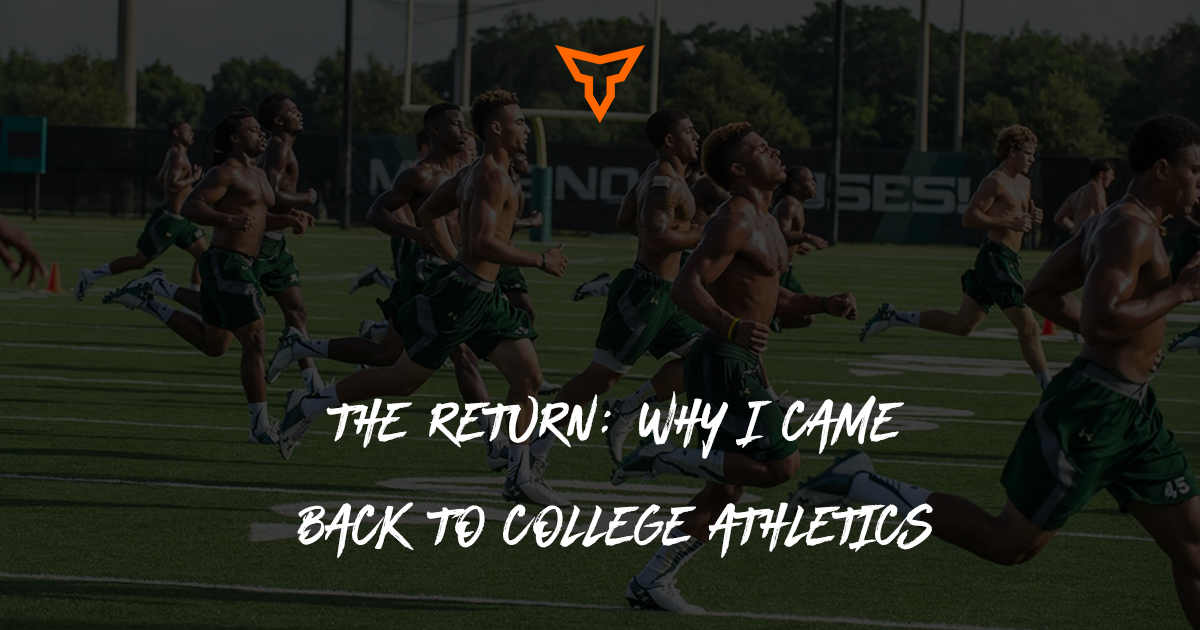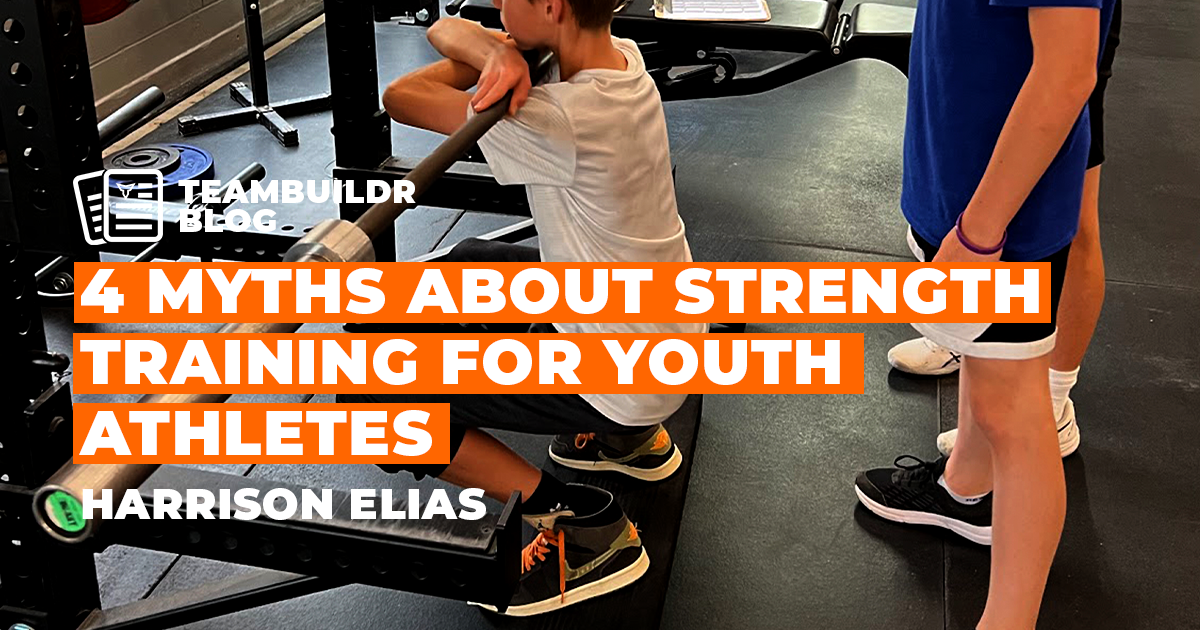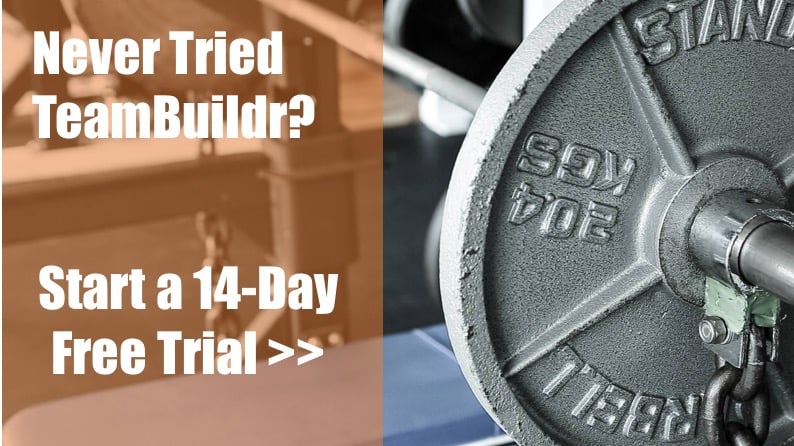Comprehensive Athlete's Guide to Offseason Motivation
When it comes to motivating an athlete during the athletic season, there is most likely a whole bunch of support mechanisms: a full staff of coaches, playing time, tangible competitive on the field every day, etc. However, if an athlete needs that same level of motivation during the offseason, then it's a whole different story.
The Disadvantage of No Strength Coach
Unlike in the competitive season, many athletes will lose the day-to-day structure, motivation, and instruction that is typically found on the practice field. At most levels, offseason workouts are technically "voluntary" and relies on the initiative of athlete to participate. Unfortunately, this leaves way too many student-athletes not doing enough during a period that is the best opportunity for them to get bigger, faster and stronger – and most importantly – prevent injury.
According to studies, over 50 percent of all people who start an exercise program stop before they even reach 6 weeks. That stat means that most athletes will not finish an entire program designed for them at the beginning of the offseason without the guidance of a structured program with incentives and the accountability of a strength and conditioning coach. Sadly, this is all too often "the norm" for offseason programs at high schools that don't have the luxury of a full-time strength and conditioning coach or a dedicated athletic coach to manage the weight room program.
Solution: Examine using an incentive structure to encourage athletes to participate in the weight room. We're currently putting together a list of 100 tips and tactics to help motivate athletes to workout consistently in the offseason. Stay tuned!
Motivating Athletes with a Strength Coach
Offseason motivation is often a primary challenge of a strength coaching position. Half the battle for strength coaches is education, certification, time-management, and other administrative aspects. The other half of the battle - and perhaps the harder one - is the day-to-day responsibility of coaching and motivating young men and women to give incredible effort and attention during training. Luckily for many strength coaches, it is this very aspect of strength and conditioning that motivates them to coach in the first place.
Perhaps the biggest factor in motivating athletes as a strength coach is the relationship that precedes the weight room. Genuine interest in a young person generate trust which then creates a sense of accountability. Simply mandating that athletes buy into the strength and conditioning program because the strength coach is present and operating will only create "surface level" buy in.
Positive reinforcement and genuine care & concern for athletes is a trait that strength coaches should hone with their athletes. It provides as foundational rock upon which a quality strength and conditioning program will be built on. This is different from the traits that teachers, administrators, and other coaches share. The strength coach position is unique in this way. To close this blog out, Ryan Faer (CSCS) says it best:
“Of all of the hats that we wear, which ones are most important? Sets and reps, counseling, recovery, nutrition?”
Ryan: "For me, personally, it’s the platform that we get as strength coaches that gets me out of bed each day. It’s the opportunity to set a positive example and teach lessons that go beyond the field and weight room that really draws me deeper into the profession.
Any coach, though, can use this platform — from the strength coach, to the lacrosse coach, or even the athletic trainer… It wasn’t until I spent a full season professional baseball that I realized what seems to separate the strength coach when it comes to the inherently great platform to impact the athletes."
We'd also recommend reading Ryan's 3-part blog series: Why High Schools Need Strength and Conditioning Professionals
Subscribe to our blog
Subscribe to receive the latest blog posts to your inbox every week.
Related posts

How to "Feed the Cats" For Athlete Success

The Return: Why I Came Back to College Athletics

